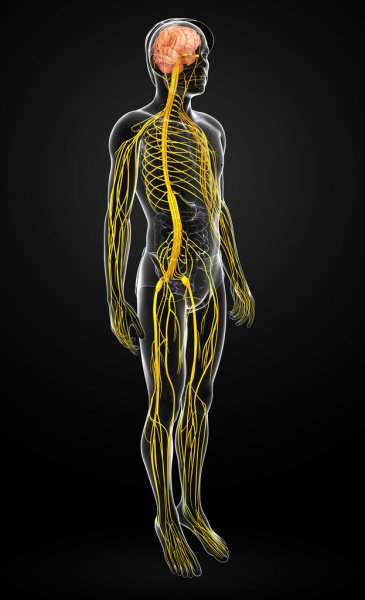TIMES OF EDUCATION GK
What is antibody?
ANTIBODY:
A short definition of antibody:
An antibody is a blood protein that is produced in response to and that counteracts an antigen. Antibodies are produced in response to disease and help the body fight against particular diseases. In this way, antibodies help the body develop an immunity to disease.
BRIEF INTRODUCTION TO ANTIBODIES:
A soluble immunoglobulin blood protein produced by the B cells, white blood cells, that develop in the bone marrow (also known as B lymphocytes, plasma cells) in response to an antigen (a foreign substance). Antibodies are produced in response to disease and help the body fight against a particular disease by binding to the antigen and killing it, or making it more vulnerable to action by white blood cells. They help the body develop an immunity to diseases. Each antibody has two light (L) and two heavy (H) immunoglobulin polypeptide chains linked together by disulfide bonds, with two antigen-binding sites. There are more than 1,000 possible variations, yet each antibody recognizes only one specific antigen. Antibodies are normally bound to a B cell, but when an antibody encounters an antigen, the B cell produces copies of the antibody with the assistance of helper T cells (a lymphocyte that undergoes a developmental stage in the thymus). The released antibodies then go after and bind to the antigen, either killing it or marking it for destruction by phagocytes. There are five immunoglobulins: IgC, IgA, IgM, IgD, and IgE. IgA, or immunoglobulin A, comprises about 10–15 percent of the body’s total immunoglobulins and is found in external secretions such as saliva, tears, breast milk, and mucous, both intestinal and bronchial. They are secreted on the surface of the body as a first defense against bacteria and viral antigens in an attempt to prevent them from entering the body. IgM or immunoglobulin M antibodies are produced in response to new or repeat infections and stay in the body for a short time after infection. They make up from 5 to 10 percent of the total immunoglobulins and are the first to show up in the serum after an antigen enters. IgM is produced during the primary immune response. It is the IgMs that capture and bind antigens to form large insoluble complexes that are cleared from the blood. IgG or immunoglobulin G (gamma globulin) antibodies remain in the body for long periods of time after infection and are the most common type, comprising about 80 percent of the body’s total immunoglobulins. They are in the serum and are produced in substantial quantities during the secondary immune response, and along with IgM activate the complement system, which results in the destruction of the membrane of pathogens. The IgGs act by agglutinating, by opsonising, by activating complement-mediated reactions against cellular pathogens, and by neutralizing toxins. IgE or immunoglobulin E is associated with mast cells, which are basophils, a type of granular white blood cell that has left the bloodstream and entered a tissue. Mast cells release histamine and heparin, chemicals that mediate allergic reactions. Not surprisingly, IgE is responsible for immediate hypersensitivity (allergic) reactions and immune defense against parasites. IgD or immunoglobulin D is a specialized immunoglobulin, but its function is currently unknown. It is found in small amounts in the serum.
Thanks for visiting our website.We hope you learn something here.our posts are in pending we will post them soon,we will do our best to present you Science and General Knowledge.
Subscribe our website for more posts
Follow us on Facebook:
https://www.facebook.com/timesofeducationgk/
Follow us on YouTube:
https://www.youtube.com/channel/UCtUi61CP-1JbgBhjX47ws5Q
Our pinterest:
https://www.pinterest.com/TIMEOFEDUCATION/
ANTIBODY
 Times Of Education Gk
May 10, 2020
Times Of Education Gk
May 10, 2020
Popular Posts
Recent Keyword
Categories
Contact Us
Copyright ©
TIMES OF EDUCATION GK




0 Comments